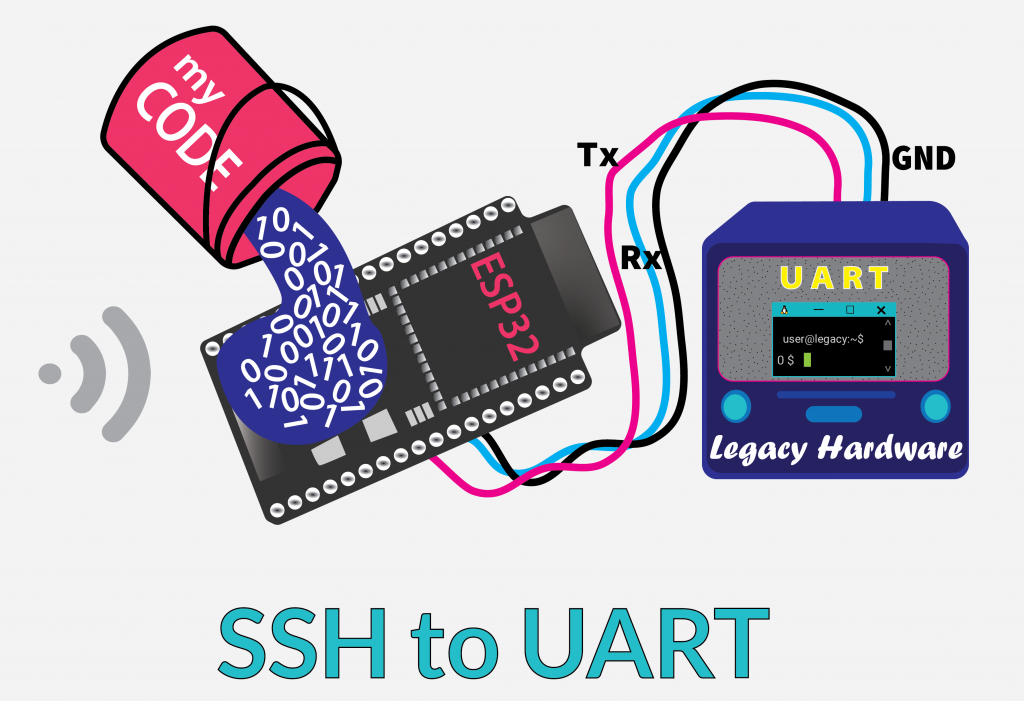wolfBoot v1.12 has been released. This version introduces the support for a new signature verification algorithm, RSA3072, new test cases, a new simulated architecture to speed up the validation, and some new features to support more use cases. Here is a brief description of some of the new features in this version.
Support for encrypted incremental updates
Our delta firmware update support is designed to reduce transfer times for firmware updates. By applying a binary patch on the existing version, wolfBoot is able to update the current firmware with a special update image, a “delta” update package, which maps the difference between the current and the new version. This feature can now be combined with our symmetric, pre-shared key encryption mechanism, allowing for encrypted delta updates.
Signed binaries and numeric identifiers
It is now possible to assign an identifier to each signed image. Our sign tool accepts a new command line argument (–id N) to set a custom id for a signed payload.
Id ‘1’ is the default, and is usually the image of the application, or the OS kernel, staged by wolfBoot after verification.
Id ‘0’ is reserved for wolfBoot self-updates.
Ids 2 to 15 can be used to design custom read-only partitions, extra images and binary extensions, each one living in a different flash memory partition, or mapped to a different zone in memory.
Support for multiple public keys
wolfBoot v1.12 now supports multiple public keys that can be stored together in the designed trust anchor, into a new data structure called `keystore`.
A keystore can contain keys that are either generated, using the keygen tool like in the previous versions, or imported from a third-party provisioning mechanism.
Each key can carry different permissions, i.e. can be allowed to authenticate binary images only associated with one or more specific identifiers.
wolfBoot is our secure bootloader that relies on wolfCrypt to provide secure boot and firmware updates. It can be used to secure the boot process on any embedded system, from very resource-restricted microcontrollers up to more powerful, microprocessor-based platforms, and even on x86_64 PC-based architectures. Safe-by-design, it’s the ideal choice in safety-critical systems that need to integrate a secure bootloader.
Find out more about wolfBoot! Download the source code and documentation from our download page, or clone the repository from GitHub. If you have any questions or run into any issues, contact us at facts@wolfssl.com, or call us at +1 425 245 8247.


